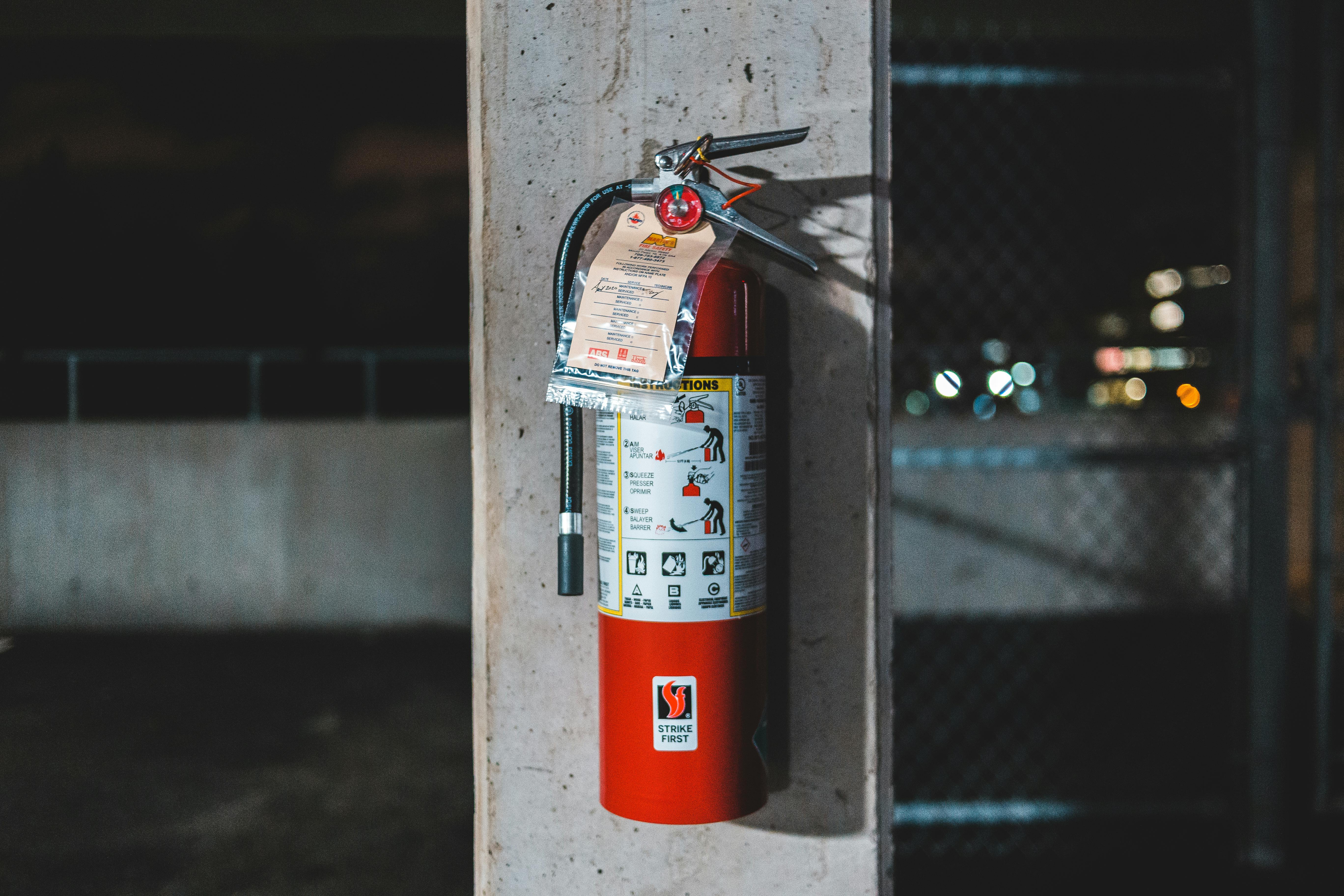When banks foreclose on a home, homeowners are often confused by the language used in the various legal documents. One of the terms that causes the most confusion is “default”. There are at least two different ways this word is used during the foreclosure process, neither of which have good implications for borrowers most of the time. However, the owners must know how the bank will use the word.
The first way banks use the word “default” is when they claim that homeowners are in default on the mortgage contract. Borrowers sign the mortgage or deed of trust to establish the terms under which they will make payments to the lender or utility to keep the contract in effect. Once payments are missed, the payment terms of the contract have been breached and the owners are in default.
So, a breach of a mortgage contract means that the homeowners have not met one of the conditions for delaying their part of the agreement. While there are other ways to default on a loan, the most common breach of contract is when borrowers fail to make payments on time and the lender begins the foreclosure process. In the lawsuit paperwork, the lender claims the homeowners are in default.
The second way banks use the word “default” is when they file a motion with the court during foreclosure. This motion may be called a default order, a motion for default judgment, or some other similar term. For the purposes of this article, the motion shall be referred to as a “default order.” However, owners should be aware that the same type of legal document may have a different name in their state.
A default order means that the bank is trying to obtain a foreclosure judgment against homeowners without having to go through a trial or other court proceedings. Of course, this cannot be done under any circumstances, but it is often done in foreclosure cases due to the uninformed nature of most borrowers. The bank can start a few steps in the process and then get a judgment without having to prove its case.
This is usually done when homeowners fail to appear at an initial foreclosure hearing or fail to file a response to the lender’s complaint. The courts understand the borrowers’ silence to mean that they have no objections or arguments with the bank’s claims of default on the mortgage contract, nor do they question the lender’s ability to bring a foreclosure to court in the first place.
Therefore, if the owners did not file an answer to the lawsuit or did not appear or request a hearing on the matter, then the bank will request that the court enter a default judgment order. Most courts will have little trouble entering this order, since they believe the property owners had enough time to hire an attorney, obtain a law degree, or learn court procedures competently enough to file an answer.
However, a default order is not the end of the line, as property owners can seek to have the default judgment set aside or dismissed. This requires that they file the corresponding motions shortly in time. If the order to set aside the default judgment is granted, the bank will have to pursue the lawsuit more carefully. You will not be able to rely on the owner’s ignorance of the process to sell the house at a judicial auction.
It is a small tragedy that most foreclosure cases are decided by default judgment. This is because many borrowers do not file an answer or do not appear at foreclosure hearings. Therefore, it is important that more borrowers educate themselves on at least some basic steps they can take to make it much more difficult for the bank to find them in breach of contract and then obtain a default judgment against them.




